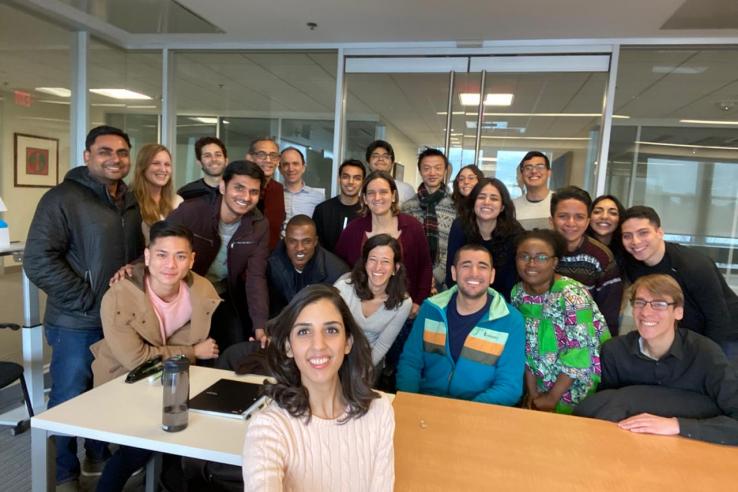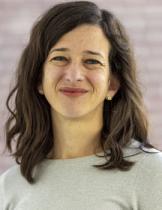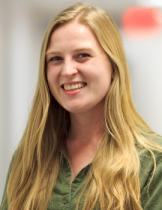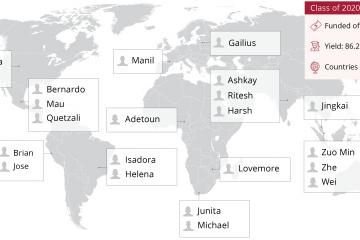
Celebrating our first graduates in the Data, Economics, and Development Policy master’s program

In January 2020, 22 students from across the world joined us on MIT’s campus as the first cohort in the master’s program in Data, Economics, and Development Policy (DEDP). Developed by MIT’s Department of Economics and J-PAL, the program represents a new approach to higher education by combining online coursework through the DEDP MicroMasters program with one residential semester at MIT and a summer capstone project. Eight months after they first arrived on campus, the inaugural cohort is now celebrating their graduation.
As members of the program’s very first cohort, each student took a risk by enrolling—in some ways, they were building the program with us. Though they came from a diverse range of backgrounds, ages, and countries, the cohort quickly forged a strong bond in their first weeks together, spent in “math boot camp”—a series of advanced math sessions (common in many graduate programs) designed to prepare students for their economics and statistics courses.
The students were united by their common goal to take an evidence-based and data-driven approach to affecting global change. This bond kept them together even while they were forced apart by the COVID-19 pandemic in March, when MIT moved classes online and asked students to return home.
Through the challenging turn of events that unfolded, the cohort continued to support one another across thousands of miles and 12-hour time differences, gathering for Zoom birthday celebrations and virtual reading groups. Perhaps uniquely positioned to learn and succeed online from their MicroMasters experience, the DEDP cohort adapted as MIT’s classes went virtual for the remainder of the spring semester.
Addressing the class at their graduation celebration, faculty director and program cofounder Esther Duflo recognized their achievements and continued support for one another in the face of the pandemic: “Despite the fact that you hardly ever met by the time you went back again to the two-dimensional worlds, you managed to maintain this unity of spirit in your diversity of experiences.”
Taking on some of the world’s most pressing challenges
Following the spring semester, the cohort started applying their training to their capstone internships. Many took a data-driven approach to tackling big questions, exploring the functionalities of an open source framework for online social experiments, investigating the impact of trade policy on international trade flows, and tracking the evolution of new occupations over time. Others studied how research can inform policymaking and developed training frameworks to strengthen the capacity of public servants to implement policies.
Several students quickly pivoted to work on projects to inform responses to COVID-19, from investigating intimate partner violence in Italy during the lockdown to surveying private schools’ responses to the pandemic in the Dominican Republic and looking at social networks to study the transmission of COVID-19 in India.
Students worked with a broad group of organizations spread across sectors and regions for their capstones, and several worked directly with MIT professors and J-PAL affiliated professors. Many undertook projects with J-PAL regional offices and partner organizations such as CEGA and IPA as well as international organizations like the United Nations and World Bank.
A number of students received job offers from their capstone internships. Upon graduating, Gailius Praninskas will continue working as a field coordinator with the World Bank’s Bureaucracy Lab and JingKai Ong will continue on as a research associate with Precision Agriculture for Development. Several students plan to go on to PhD programs, and many plan to work on researching and implementing evidence-based policies and programs in their home countries.
Many also hope to open doors for other scholars from their countries. At the program's graduation celebration, Lovemore Mawere noted that the opportunity to come to MIT has been empowering, sharing: "I never thought that I'd be able to come here and get a degree from MIT, but it's a reality now." Manil Zenaki added “I never thought I would go to MIT, but life is full of surprises so I’m really thankful.”
Paving the way for a new approach to higher education
The first cohort in the DEDP master’s program at MIT pioneered a new approach to higher education, exceeding the expectations of faculty directors Abhijit Banerjee, Esther Duflo, and Benjamin Olken and program director Maya Duru when they developed the program. A testament to the potential of online and blended learning models, the DEDP 2020 graduates are paving the way for future cohorts and demonstrating the value of this effort to democratize higher education.
Congratulations to the DEDP master’s class of 2020! We can’t wait to see what you do next.
Start your own journey to a master’s degree at MIT by enrolling in the next semester of the DEDP MicroMasters program. The fall semester begins on September 8.



